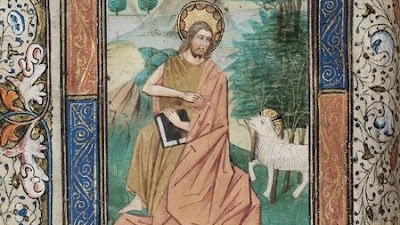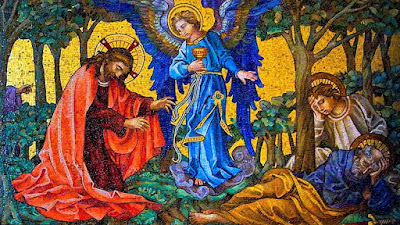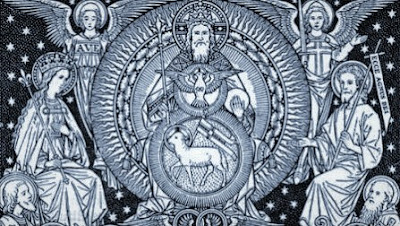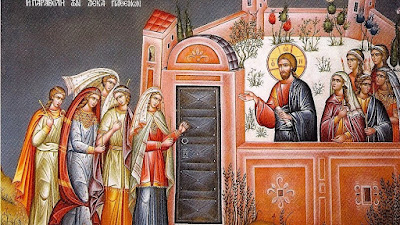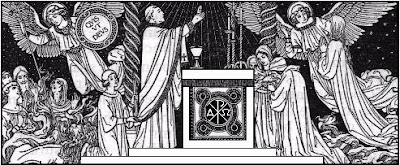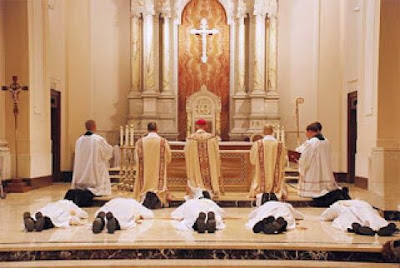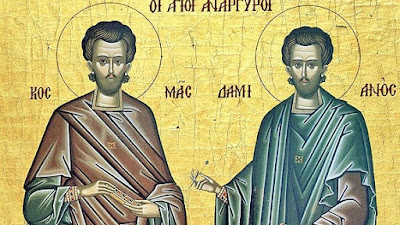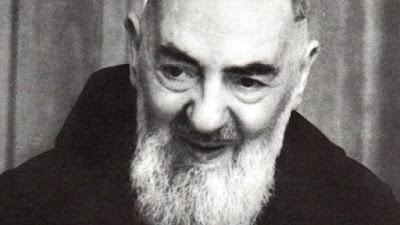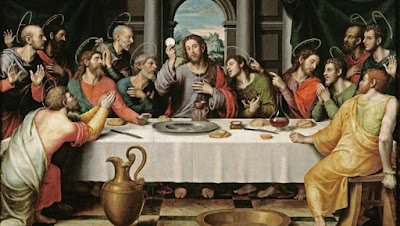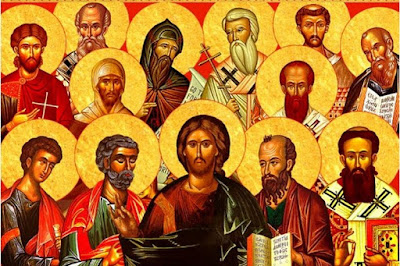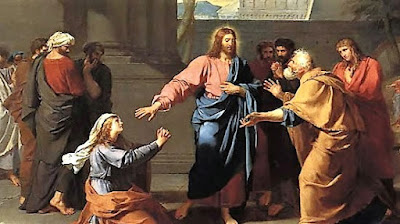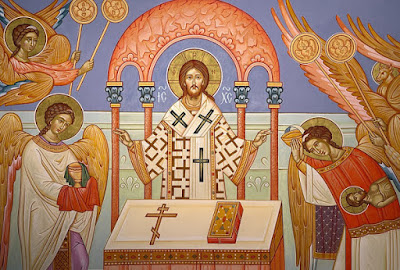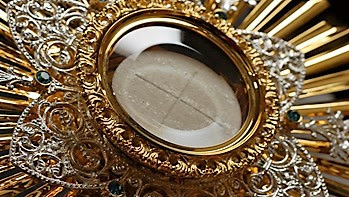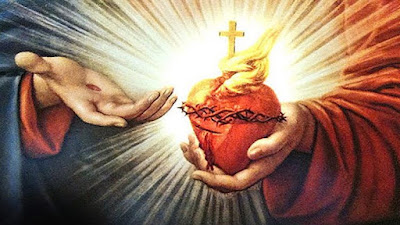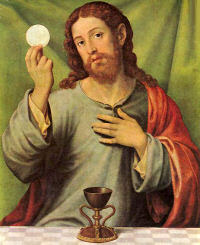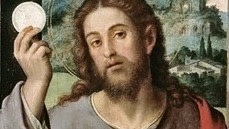Homily for the Solemnity of the Nativity of the Lord, [Christmas] December 25, 2017, Year B
Fr. Charles Irvin Diocese of Lansing ( Click here for Sunday’s readings ) All of the shopping, all of the rushing about, all of the busy-ness of Christmas is now over. Today the streets are deserted. A quiet and peaceful stillness lays over all. Now the religious meaning of Christmas is allowed to emerge from beneath all of the mall music, the shopping, and the frantic preparations for this day. But to what do we turn our attention? To peace on earth toward men of good will? Yes, and something more. To the sharing of love with family? Yes, and something more. To joining together with the ones we love? Yes, but more. Christmas is more than having a lovely time, more than family sharing, more than the so-called “happy holidays.” We celebrate today what so many are looking for. We focus our attention today on that which will give peace to many who are lonely, uneasy with themselves, and who are searching for meaning in their lives. The centerpiece of the Mass, the essenc
